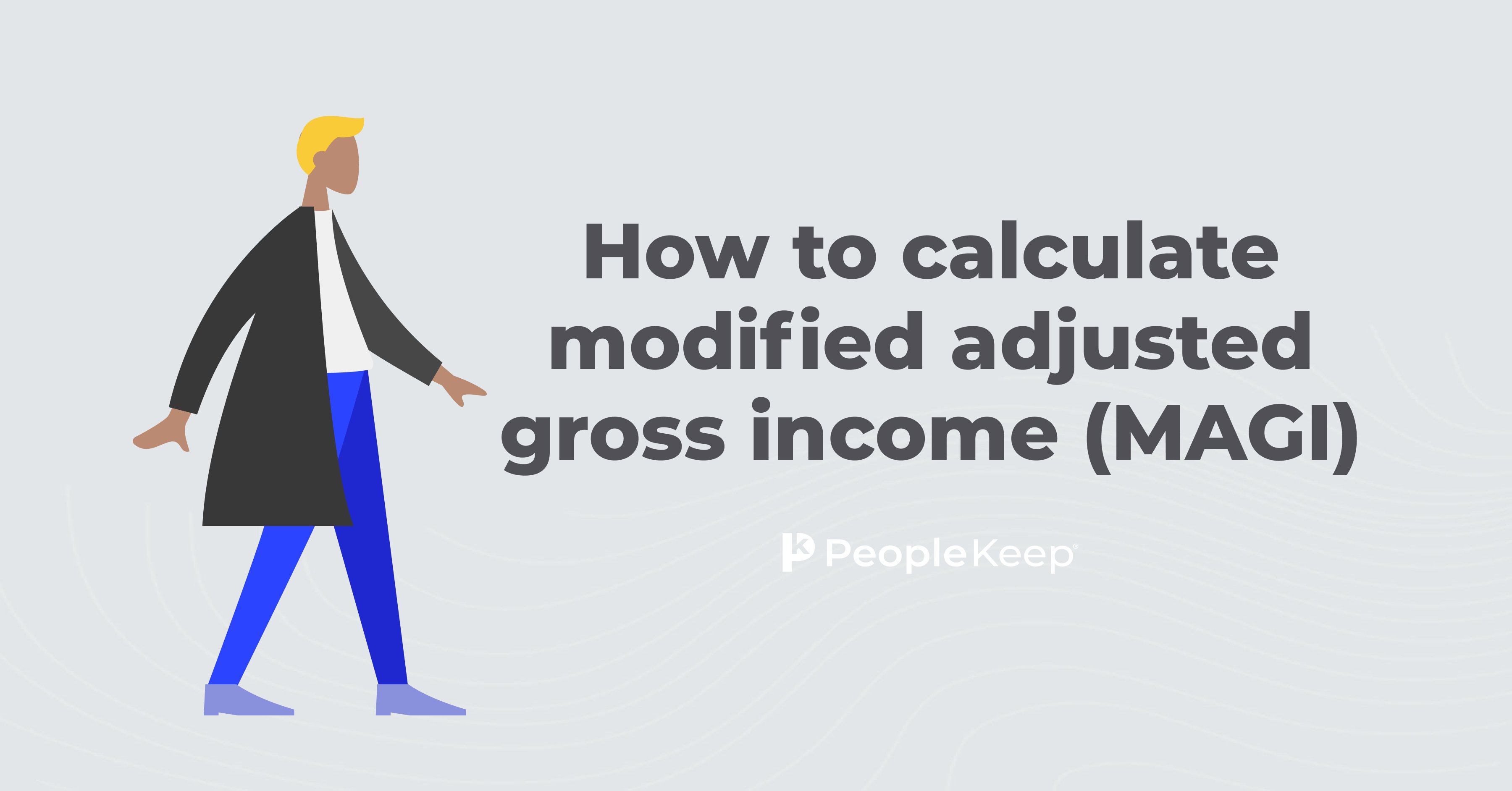How Do Insurance Companies Make Money?
By PeopleKeep Team on May 15, 2009 at 11:50 AM
Before we get into a bunch of specific posts about how insurance works and what is right for you, there are a couple of things that everyone should understand about insurance. I'm talking about all insurance - from your health insurnace policy to a warranty on your tv from Best Buy.
Insurance companies make money. They provide a lot of useful services, but you must understand that insurance companies make money when they offer you a policy. This means that you should only use insurance to cover things that actually need coverage. Otherwise you're just handing the insurance company money and then they hand you back less money.
Here are two examples of types of coverage you might not need:
Individuals pay to reduce risk for the entire group
Insurance is meant to mitigate risk by distributing it across a large pool of people. Only some of the people in the group will need the insurance which means that everyone is chipping in to pay for bad things that only happen to a small percentage of people. You're paying to reduce your risk.
So how should this affect your actions? Insurance is not meant to cover things where there is no risk. There is no risk involved in going to the doctor for an annual checkup. Sure, it feels nice to have your doctor visits "covered" but don't you think the insurance company considered that fixed cost when they offered you a policy? You're paying for that doctor visit one way or another, but if itgoes through the insurance company, you're paying them a little bit extra. It really only makes sense to pay the insurance company to cover expenses you can't predict.
Health Insurance and worst case scenario
Insurance also doesn't make sense in situations where you can afford the cost burden of the worst case senario on your own. For example, if you go and buy a new MP3 player from a major retailer, they will offer you a warranty for that item. It sometimes sounds like a good idea, but it really isn't.
Remember that the company always makes money by selling you coverage, and this is no exception. Additionally, consider that the company is probably much much better at math than you. They already figured out the probability of your device breaking and how much they'd have to pay you. This allows them to figure out the exact amount of money that they'll have to pay out to you if you buy thewarranty. If the warranty costs $20, they know that they'll only have to pay out $15 on average. There's nothing to think about because they already ran the numbers for you.
You'd be much better off refusing all extended warranties. Simply take the money that you would have paid and save it in your own personal "warranty fund". Then if a device breaks, you'll have enough money saved up to cover it, but you didn't have to pay that extra little bit to the company that sold you the warranty. This is call self-insuring. You're effectively accepting the risk because you can afford to.
We'll dive much deeper into these topics in future posts, but it's a good idea to familiarize yourself with these two situations where you should avoid "coverage". Obviously, there are exceptions, but think twice next time you're offered an extended warranty on that new iPod.
Check out more resources
See these related articles

What is minimum essential coverage (MEC)?
Learn what Minimum Essential Coverage (MEC) is, why it’s important under the ACA, and how it ensures compliance with health insurance requirements.

Five-minute guide to medical loss ratios (MLRs)
Medical loss ratios (MLRs) keep insurance companies from spending your premium dollars unwisely. See how MLRs are calculated and what they mean for you.

How to calculate modified adjusted gross income (MAGI)
If you've heard the term modified adjusted gross income but aren't sure what it means, this article is for you. Learn about MAGI and how to calculate it.


